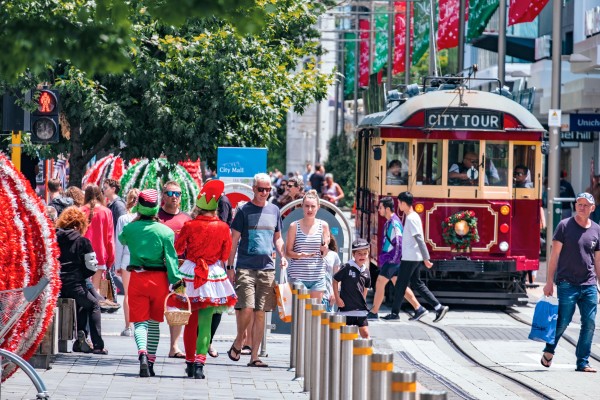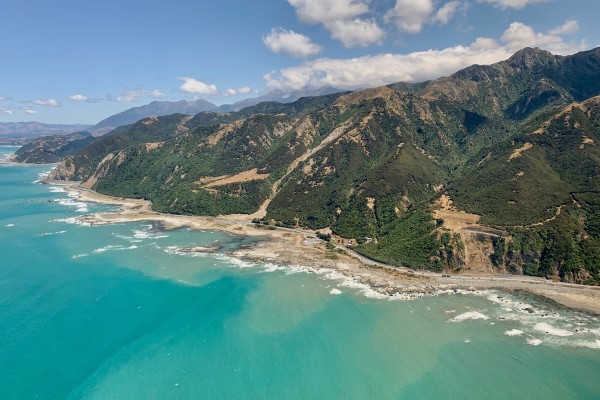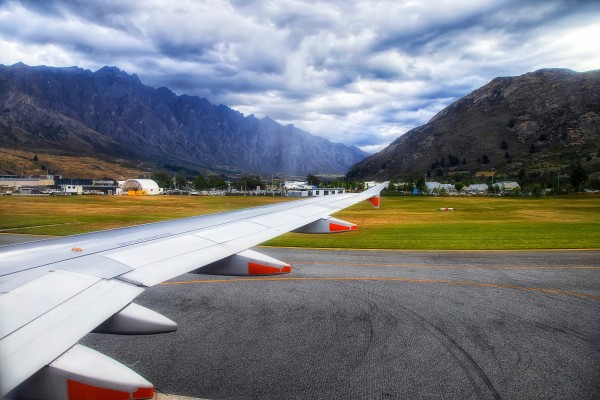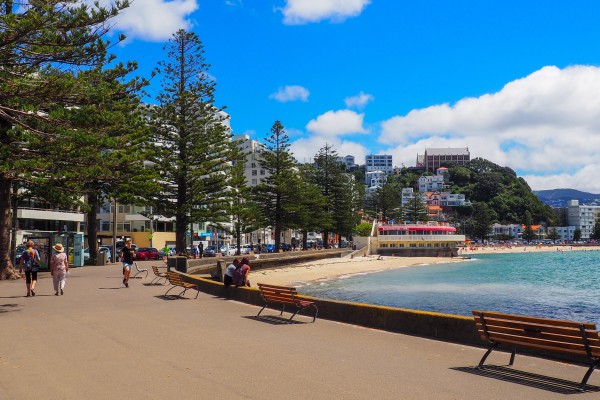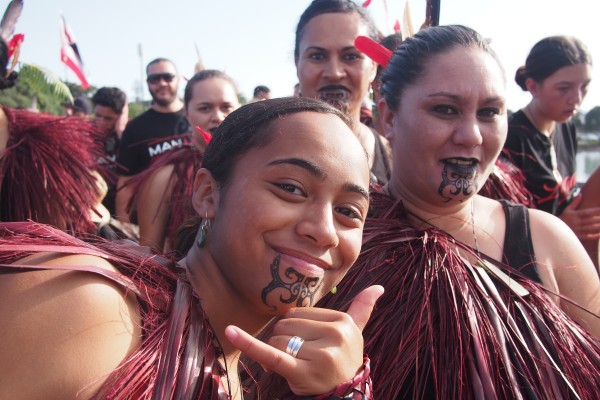New Zealand Public Holidays in 2025


New Zealand has eleven national public holidays to look forward to in 2025. From Waitangi to Boxing Day, here’s everything you need to know about enjoying more days off in 2025.
How do public holidays work in New Zealand?
If you’re moving to New Zealand for work or have just entered the workforce post-study, you might not know your rights around public holidays in New Zealand.
Public holidays are designated days when many businesses, schools and government departments close to allow people time off work or commemorate different events. These holidays are regulated by the Holidays Act 2003.
New Zealand’s most recently added public holiday was Matariki, which was added to the public holiday calendar for the first time in 2022. In 2023, Queen's Birthday was changed to King’s Birthday to acknowledge the passing away of Queen Elizabeth II and the new monarch, King Charles.
As well as national public holidays, each region has an anniversary day where many workers get the day off. This means most working Kiwis will get 12 public holidays off during the year.
In 2014, New Zealand moved to ‘Mondayise’ its public holidays. In the past, if a holiday fell on a Saturday or Sunday, the day off is now moved to Monday.
What is the difference between statutory versus observance holidays in New Zealand?
Some holidays are ‘statutory’ holidays, which means that if they fall on a day that would usually be a working day for an employee, the employee is entitled to a paid day off. Other holidays, known as ‘observance’ holidays, are recognised but do not guarantee a day off work.
Observance days include days such as Valentine's Day, St Patrick's Day, Poppy Day, April Fools Day, Mother’s Day, and Father’s Day. The general public in New Zealand celebrates these days but aren’t public holidays.
What are workers entitled to for statutory holidays in New Zealand?

For statutory holidays, employees are entitled to a paid day off if the holiday falls on a day they would usually work. If they do work on the holiday, workers are entitled to time and a half and an alternative day off, depending on their employment agreement.
Some businesses generally stay open over public holidays in New Zealand. Many restaurants, cafes and clothing stores remain open over public holidays, including Anniversary Days, King’s Birthday and Matariki. This means if you work in hospitality or for a business that chooses not to close, you will get paid at a rate of one and a half times your regular pay. If the public holiday falls on a normal working day (ie. you are not choosing to cover someone’s shift for time and a half), you are also entitled to a day of leave, which will be added to your accumulated PTO.
How does Easter Sunday work in New Zealand?
Easter Sunday is not a paid holiday in New Zealand. However, employees can choose not to work on this day and do not have to give a reason why. Businesses are allowed to open and can roster staff to work. They do not have to pay time and a half or an additional day in lieu to staff. However, they cannot force workers to work either. Businesses must also give employees written notice at least four weeks in advance that they have a right to refuse to work on Easter Sunday.
How does Mondayisation work in New Zealand?
When a public holiday is on a Saturday or Sunday, employees who don’t work these days can take the Monday off. This is called Mondayisation. Only some public holidays can be moved to Monday or Tuesday. These include:
-
Waitangi Day
-
Anzac Day
-
Christmas Day
-
Boxing Day
-
New Years Day
-
Day after New Year's Day
Are shops open or closed on public holidays?
It depends. There are some public holidays where shops are allowed to trade and where trading is restricted. Good Friday, Easter Sunday, Christmas Day, and ANZAC Day morning have restrictions on trading. There are some exceptions to this rule.
Small grocery shops can open if they sell food, drink, household and personal items as these may be items people can’t put off buying. Service stations can also open so long as they are selling food, drink, household and personal items, petrol, oil, car parts and accessories. Takeaway shops, bars, restaurants, and cafes can open, but only if they sell prepared or cooked food ready to be eaten in the form it is sold. Despite this rule, most restaurants and cafes will shut over the Easter and Christmas public holidays.
Pharmacies can operate as usual without any restrictions over this time.
Does public transport run over public holidays in New Zealand?

Most of the time, local councils will run a reduced timetable for public transportation over major holidays such as Christmas and Easter. This will vary from city to city. However, it’s common for councils to run a Sunday timetable with reduced bus or train services. Make sure you check out your local bus or train timetable to find out the schedule for local services.
What public holidays can I look forward to in New Zealand in 2025?
There are eleven national public holidays in New Zealand in 2025 as well as regional holidays.
National Public Holidays 2025
-
New Year's Day - Wednesday 1st, January
-
Day after New Year's Day - Thursday 2nd, January
-
Waitangi Day - Thursday 6th, February
-
Good Friday - Friday 18th, March
-
Easter Monday - Monday 21st, March
-
Anzac Day - Friday 25th, April
-
King's Birthday - Monday 2nd, June
-
Matariki - Friday 20th, June
-
Labour Day - Monday 27th, October
-
Christmas Day - Thursday 25th, December
-
Boxing Day - Friday 26th, December
Regional Public Holidays 2025
- Wellington Anniversary Day - Monday 20th January
- Auckland Anniversary Day - Monday 27th January
- Nelson Anniversary Day - Monday 3rd February
- Taranaki Anniversary Day - Monday 10th March
- Otago Anniversary Day - Monday 24th March
- Southland Anniversary Day - Tuesday 22nd April
- Canterbury (South) Anniversary Day - Monday 22nd September
- Hawkes' Bay Anniversary Day - Monday 24th October
- Marlborough Anniversary Day - Monday 2nd November
- Canterbury Anniversary Day - Friday 14th November
- Chatham Islands Anniversary Day - Monday 1st December
- Westland Anniversary Day - Monday 1st December
What do our customers say?




For every (wise)move










